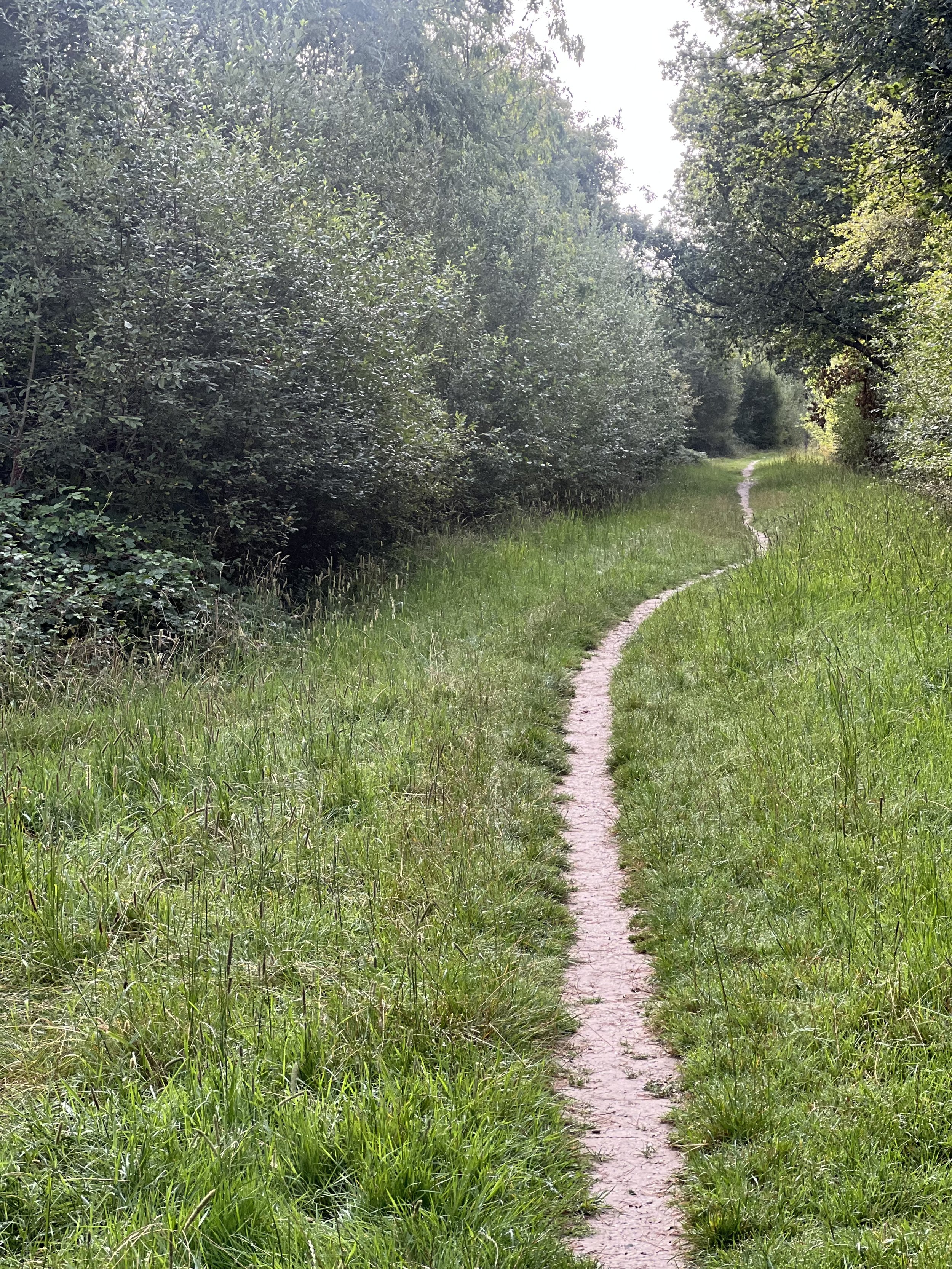The Allure of Trail Running
A New Chapter in My Fitness Journey
As a fitness enthusiast with a deep-seated passion for outdoor activities, I have always been drawn to the idea of pushing my limits in nature. My journey through the world of fitness has taken many forms, from intense gym sessions to invigorating paddle-boarding trips. Among these, road running once stood out as a regular part of my routine. However, as the miles stacked up and the wear and tear on my joints became all too apparent, I found myself in search of a more forgiving and fulfilling alternative. Enter trail running—a perfect blend of physical challenge and natural exploration that not only eases the impact on my body but also offers an exciting new avenue for achieving my fitness goals, including weight loss.
The Road That Led to the Trails
My history with road running is a familiar tale for many fitness enthusiasts. The open road, the rhythmic pounding of feet on pavement, and the satisfaction of ticking off miles are aspects that many runners cherish. For me, road running was a straightforward way to maintain cardiovascular health, build endurance, and manage stress. However, over time, the repetitive impact on hard surfaces began to take a toll on my joints. Knees, ankles, and hips—areas that bear the brunt of each stride—started to send signals that something needed to change. The pain, while not debilitating, was a constant reminder that my body wasn't as invincible as I'd like to believe.
Despite this, the idea of giving up running entirely was never an option. The physical and mental benefits were too significant to abandon. That’s when I started to explore alternatives and stumbled upon trail running—a form of running that takes place on natural terrain, offering a whole new world of experiences and benefits.
Why Trail Running?
Trail running is not just a change of scenery; it's a change in philosophy. Unlike road running, which often emphasises speed and distance, trail running is about adapting to the environment, navigating uneven terrain, and embracing the unpredictability of nature. The trails offer softer surfaces—dirt, grass, and sometimes sand—that are far gentler on the joints compared to the relentless hardness of asphalt or concrete. This reduction in impact was a primary factor in my decision to transition to trail running, as it promised to alleviate the strain on my joints while still allowing me to enjoy the running experience.
A Low-Impact Workout
One of the standout benefits of trail running is the reduced impact on the body. The uneven, softer surfaces of trails absorb more shock than pavement, which translates to less stress on the knees, hips, and back. This aspect of trail running has been a game-changer for me. The relief from joint pain has been palpable, and I can now run longer distances without the nagging fear of aggravating old injuries. The varying terrain also forces the body to engage stabilizing muscles that are often neglected during road running, contributing to overall strength and reducing the risk of injury.
A Natural Environment for Weight Loss
For those like me who are keen on losing weight, trail running offers an effective and enjoyable solution. Running on trails typically requires more energy than road running due to the diverse terrain, which can include hills, roots, rocks, and other obstacles. This means that you burn more calories per mile on trails than you would on a flat, even road. The constant adjustments your body makes to maintain balance and forward momentum engage more muscle groups, leading to a higher overall calorie expenditure.
Moreover, the natural surroundings of trails provide a mental boost that can make the workout feel less taxing. There's something inherently motivating about running through a forest, along a river, or up a mountain trail. The beauty of nature distracts from the physical effort, making it easier to push harder and longer, thus maximizing the benefits for weight loss.
Mental Health Benefits
Beyond the physical perks, trail running offers substantial mental health benefits. Running in nature has been shown to reduce stress, anxiety, and depression. The tranquility of natural surroundings helps to clear the mind, providing a sense of peace and perspective that is hard to achieve in more urban settings. For me, trail running has become a form of moving meditation—a time to disconnect from the noise of daily life and reconnect with myself. The mental clarity and calm that follow a trail run are just as valuable as the physical benefits.
The Excitement of Competition
As someone who thrives on setting goals and pushing boundaries, the prospect of entering my first competitive trail run is incredibly exciting. Unlike road races, which can sometimes feel monotonous, trail races promise an adventure with every step. Each race is different, offering unique challenges based on the terrain, weather, and location. This unpredictability adds an element of excitement and keeps the experience fresh.
Preparing for a trail race involves more than just building endurance; it requires honing technical skills, such as navigating uneven ground, pacing on inclines, and managing energy reserves for longer distances. The thought of putting these skills to the test in a competitive environment is both exhilarating and motivating. I’m eager to experience the camaraderie of the trail running community, where participants often encourage one another, and the emphasis is on shared adventure rather than just the final time.
Embracing the Learning Curve
Transitioning from road running to trail running has not been without its challenges. The learning curve is steep—literally and figuratively. Trail running demands a different kind of focus. You have to be constantly aware of where you’re stepping, navigating roots, rocks, and other obstacles. The terrain can change from one moment to the next, requiring quick adjustments in stride and speed. Uphill climbs test your strength and endurance, while downhill runs demand control and technique to avoid injury.
But these challenges are part of what makes trail running so rewarding. Each run is an opportunity to improve, to become more in tune with the environment, and to push personal boundaries. The sense of accomplishment that comes with completing a tough trail run is incomparable.
So looking forward to entering my first competition, What I really do like about trail running is that its abut the senary and not my personal best.


